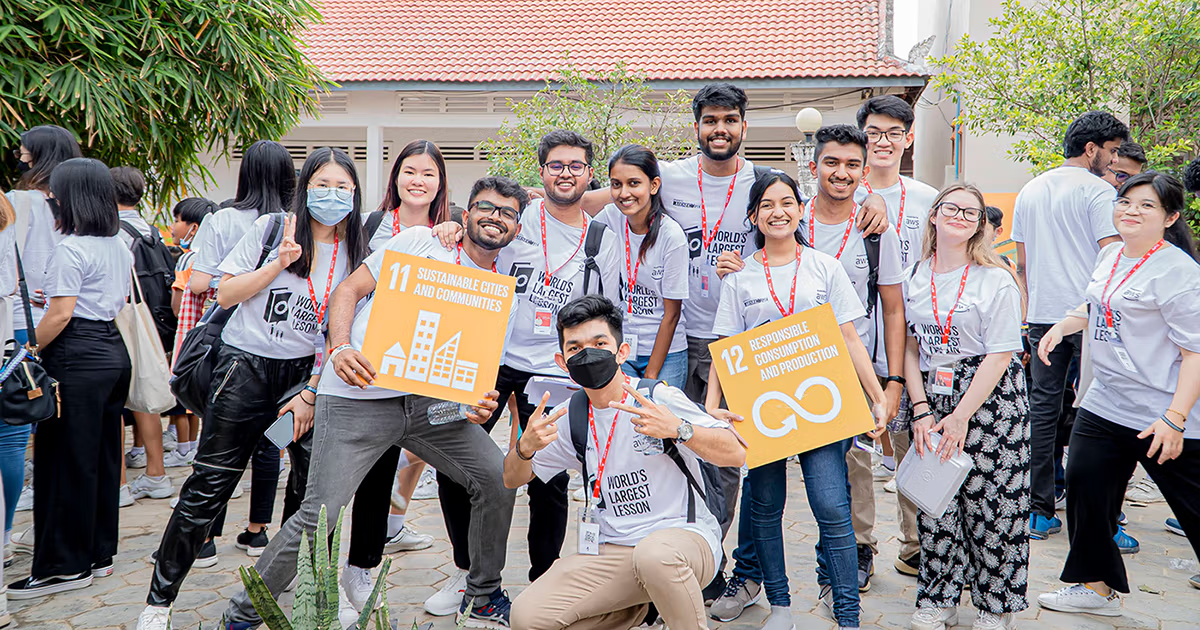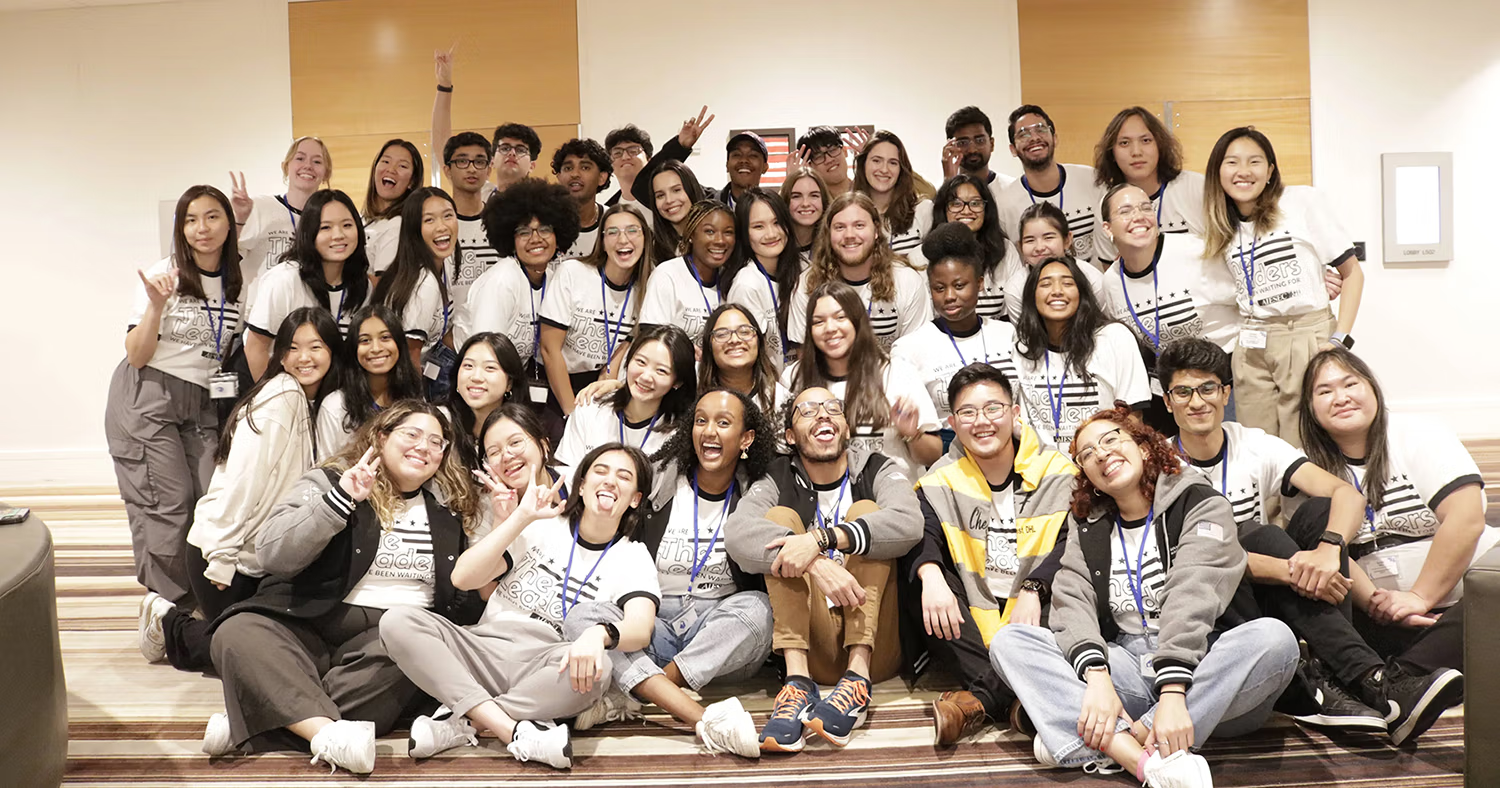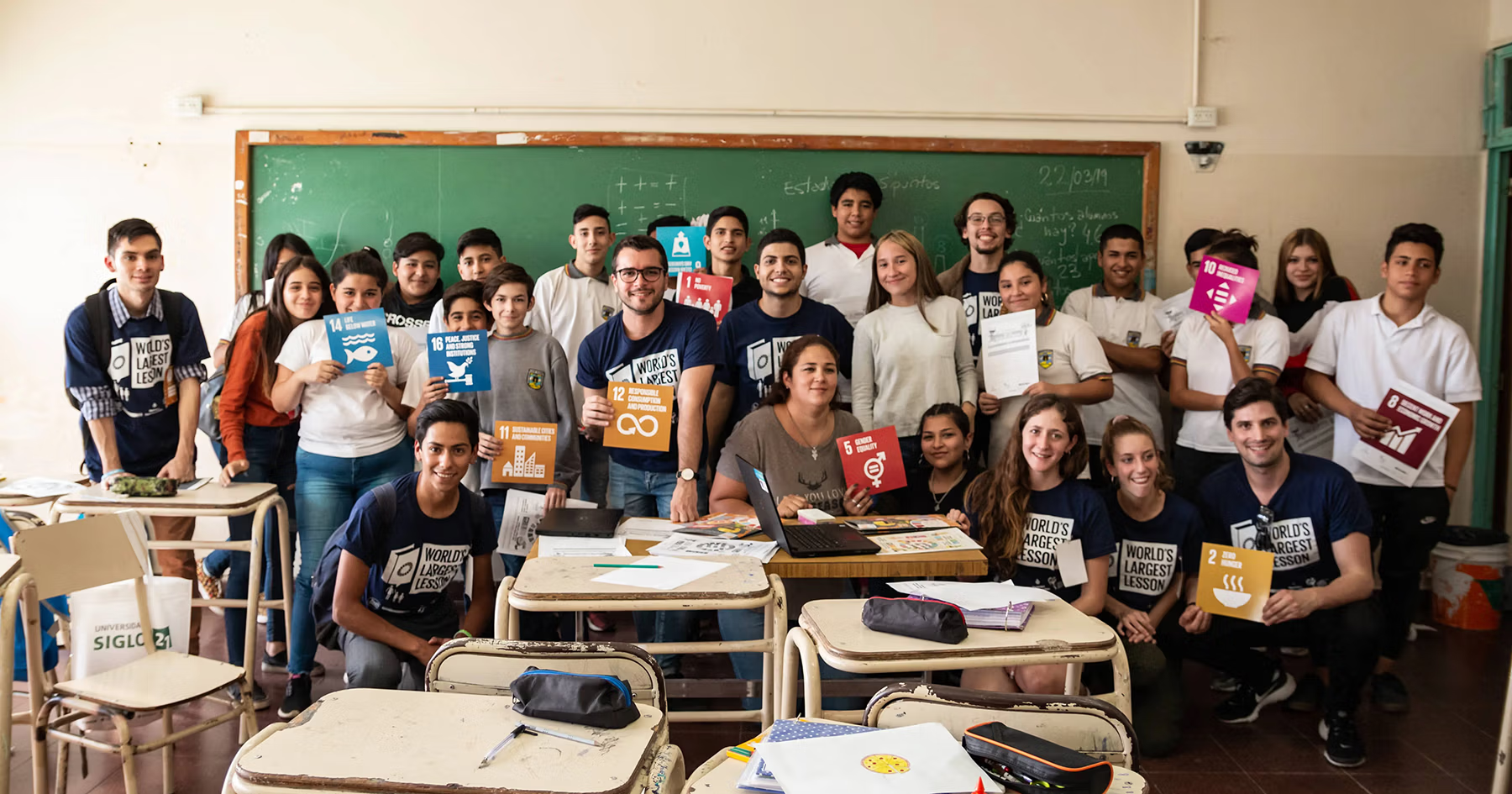A hot topic of the decade has been centered around climate change and climate action. However, what exactly does climate change even mean? According to the Oxford Dictionary, climate change is “a change in global or regional climate patterns, in particular a change apparent from the mid to late 20th century onwards and attributed largely to the increased levels of atmospheric carbon dioxide produced by the use of fossil fuels.” So while climate change did not start in the 2000s, a lot of the effects are now being heavily noticed.
Since the history of Earth, our planet has gone through cycles of extreme freeze and heat. This is admittedly normal due to slight shifts of the planets axis and rotation around the sun. However, the rising issue that has been seen in recent decades is because of humans, because of us. On average, temperatures are rising, ocean levels are rising, oceans are acidifying, glaciers are retreating, and we are seeing more weather extremes than ever before in recent human memory (NASA). This means that the hot days are not just getting hotter, but that the cold days are also getting colder.
Why exactly should we care about climate change? To start, the effects of climate change are being felt everywhere. After an unusually warm and dry summer, Australia is currently facing over 100 fires across the country. New South Wales has recently had to declare a state of emergency, and authorities have increased the fire warning to a “catastrophic” fire risk, which is the highest level of bush fire danger (NBC News). On the opposite side of the world, Venice, Italy is facing the opposite problem: severe floods. Rising sea levels have led to water levels in the city rising to 1.5 meters above sea level as the city now faces its worst week of flooding within the past 50 years (DW). Centuries old priceless artworks are at risk of irreparable damage, and two people have already died due to the floods, while the rest of the city has had to evacuate or board up their homes and stores (The Guardian).
Climate change is of course also affecting the States. A large contributor to the increasingly damaging California fires is climate change. Rising temperatures have led to increasing dangerous hurricanes, which have the potential to affect a majority of the coastal states (as well as contributing to flash floods and odd weather patterns in states that are hundreds of miles away). Global warming is also leading to very different winters across the country. Certain states are experiencing the summer and fall weather continuing long into winter, while other states are experiencing uncharacteristic cold weather. These cold winters are shown to coincide with periods of warmer Arctic weather, which has been caused by climate change (National Geographic).
Weather and national disasters aside however, climate change is still impacting our daily lives. Rising temperatures have been linked to a 2% increase in mental health issues, and air pollution is killing 7 million people each year on average. Our food is becoming less nutrient dense due to rushed photosynthesis, and food prices are increasing due to a rainfall-related drop in crop productivity (Climate Reality Project and The Guardian). Beer and coffee is also at threat as rainfall lessens and temperatures rise (Environmental Defense Fund). Tax costs are also increasing in effort to fund the mass amount of money that has to go towards retroactive and proactive structures and funds that are in place or needing to be created because of climate change related issues.
While climate change is inevitable at this point in time, all hope should not be lost. Change must happen and be encouraged on all levels (for individuals, corporations, and governments), and that change must start with recognizing what we are each individually contributing. In some way, almost every single person is contributing to climate change. Driving to the store, printing an assignment, and so many daily tasks in some way impact the environment, and I will be one of the last people to tell you that you need to stop all of these normal daily things at once. While a lot must be done to slow the impact of climate change, starting small is the most realistic change that we can expect on an individual level. Here are some things that you can implement routinely to help reduce your impact:
- Be cautious of your utility usage: turn off lights before you leave a room and wait to run a load of laundry or dishes until you have a full load (which will also save you money)
- Do not eat meat or dairy products for at least one day a week, or look for package free substitutes for some of the products you normally buy
- Carpool when you can, and when on the highway, use cruise control as much as possible to decrease your gas consumption
- Do all of your routine shopping or appointments on one day (to make your life easier and to save gas)
- Do some recycling research to see what you can start recycling in your daily life
- Change to more energy efficient appliances and lights
- Buy local food to cut down on transportation emissions
- Bring cooler bags or reusable bags with you when you shop (some fold up small enough to fit in your pocket!)
- Donate your unused items (which can count as a tax right-off, and lessen someone else’s second-hand energy consumption)
Starting off with doing even one of these things is a step in the right direction, and you can even make it a plan to add another environmentally-friendly goal in each week or month! Also do not hesitate to also start the environmental conversation with those around you and to stay informed on the topic. Knowledge is power, and if enough people make these changes daily, we can better ensure that the generations after us will be able to continue seeing the beautiful aspects of the planet we call home.
To learn more about climate action, check out the United Nations Sustainable Development Goal #13!

.webp)

.avif)








